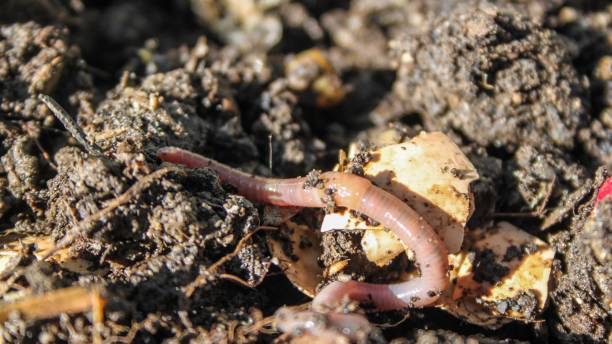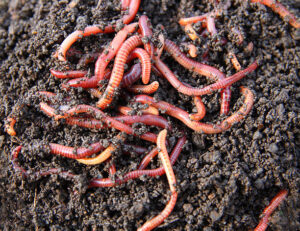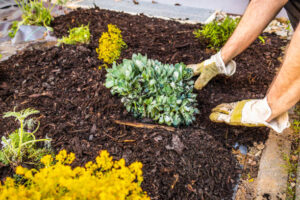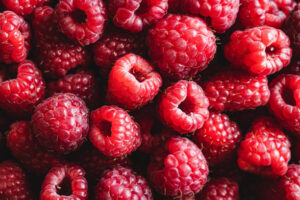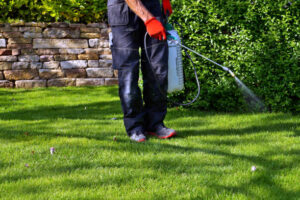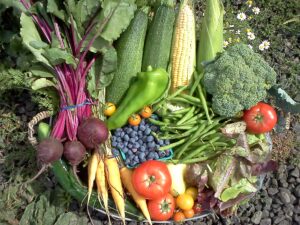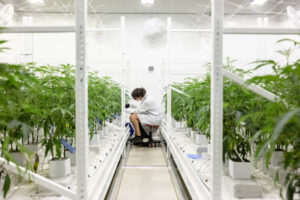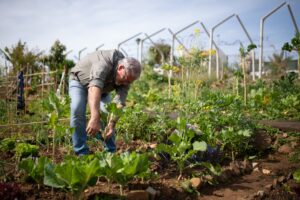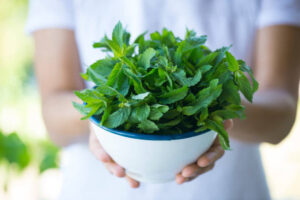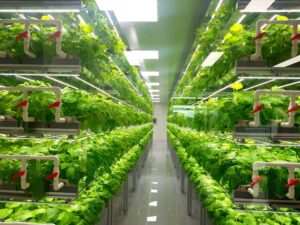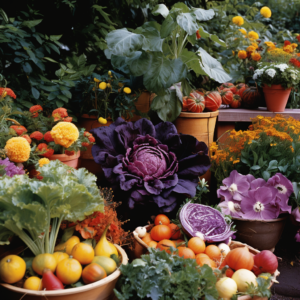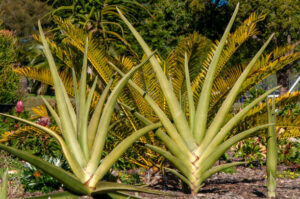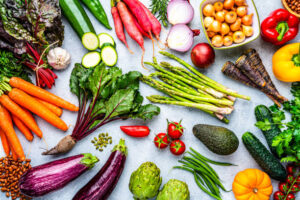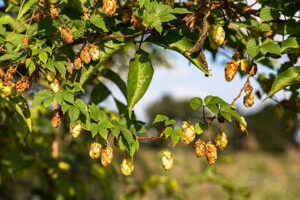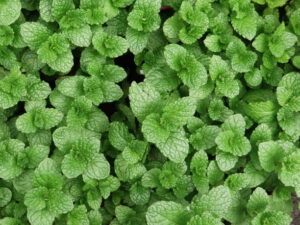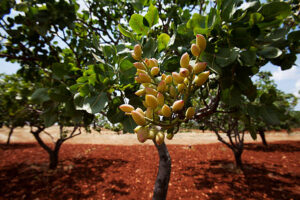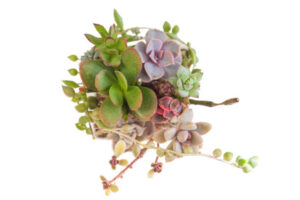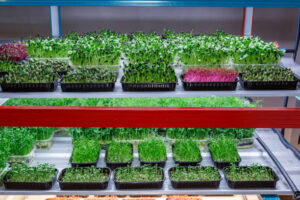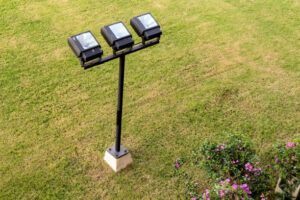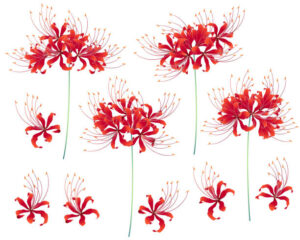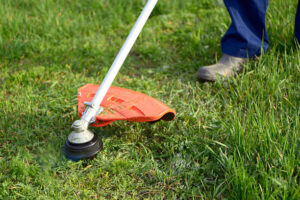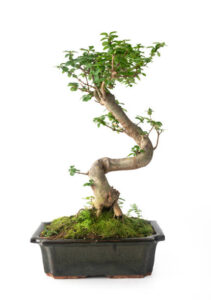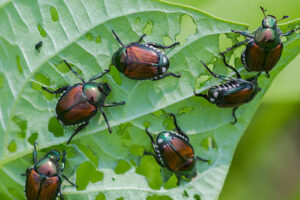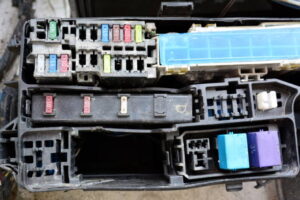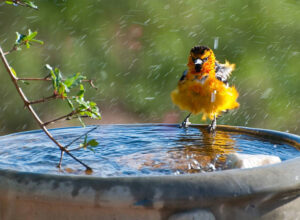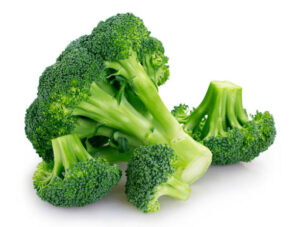What to Feed Your Worms: A Guide to Vermicomposting
Introduction
Vermicomposting, the art of utilizing worms to turn kitchen scraps and organic waste into nutrient-rich compost, is a sustainable and efficient way to recycle and enhance your garden’s soil health. Central to the success of vermicomposting is understanding what to feed your worms. In this guide, “What to Feed Your Worms: A Guide to Vermicomposting,” we’ll unravel the secrets of providing a balanced and nutritious diet for your composting companions. Whether you’re a seasoned vermiculturist or a newcomer to the world of worm composting, mastering the art of feeding your worms sets the stage for a thriving and eco-friendly composting journey.

The Basics of Vermicomposting
Vermicomposting relies on the voracious appetites of red wiggler worms (Eisenia fetida) or other composting worms to break down organic matter into nutrient-rich castings. These castings, often referred to as worm castings or worm poop, serve as a powerful natural fertilizer for plants.

Balancing the Diet
For your worm composter to thrive, it’s essential to provide a balanced and varied diet. Worms enjoy a mix of green and brown materials. Green materials include kitchen scraps like fruit and vegetable peels, coffee grounds, and tea bags. Brown materials consist of items like shredded newspaper, cardboard, and dry leaves. This balance ensures proper decomposition and prevents the compost bin from becoming too acidic or too dry.
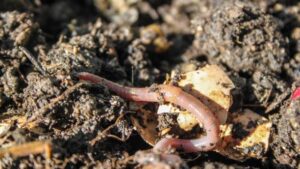
What to Feed Your Worms
1. Fruit and Vegetable Scraps: Worms relish a buffet of fruit and vegetable scraps, including apple cores, banana peels, carrot tops, and cucumber ends. Chop these items into smaller pieces to expedite the decomposition process.
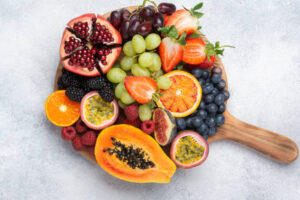
2. Coffee Grounds
Used coffee grounds are a favorite of worms. Their gritty texture helps with aeration in the compost bin, and they provide a source of nitrogen, a crucial element for composting.
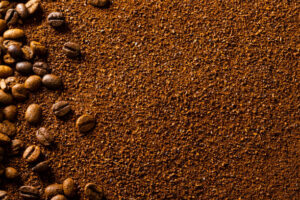
3. Tea Bags
Natural tea bags, minus the staples and tags, can be tossed into the worm bin. Tea leaves provide additional organic matter for the worms to break down.
4. Eggshells
Crushed eggshells add calcium to the compost, which is beneficial for both the worms and the resulting castings. Rinse the eggshells and crush them before adding to the bin.

What to Avoid
While vermicomposting is versatile, certain items should be avoided to maintain a healthy and productive worm bin:
Citrus: Citrus peels contain compounds that can be harmful to worms in large quantities. Use citrus scraps sparingly.
Spicy and Oily Foods: Avoid adding excessively spicy or oily foods, as these can disrupt the balance in the bin and may attract unwanted pests.
Dairy and Meat: Dairy and meat products should be avoided to prevent unpleasant odors and discourage the presence of pests.
Pet Waste: Pet waste may contain pathogens that could harm both worms and humans. It’s best to avoid adding pet waste to the compost bin.
Maintaining the Compost Bin
Regularly check the moisture level in your compost bin. It should be akin to a wrung-out sponge—damp but not waterlogged. If the bin becomes too dry, add a bit of water; if it’s too wet, incorporate more dry bedding materials.
Harvesting the Worm Castings
When the compost in your bin has transformed into rich, dark worm castings, it’s time to harvest. Push the compost to one side of the bin and add fresh bedding and food to the empty side. The worms will migrate to the new, nutrient-rich area, allowing you to scoop out the finished compost.
Conclusion
As you embark on your vermicomposting journey, understanding what to feed your worms becomes a key aspect of ensuring a healthy and efficient composting process. By providing a well-balanced diet of kitchen scraps, coffee grounds, tea bags, and brown materials, you create an environment where worms thrive and transform your organic waste into a valuable resource for your garden. Vermicomposting is not just a sustainable practice; it’s a partnership with nature, where your composting companions work diligently to create a nutrient-rich elixir for your plants. Happy composting!

